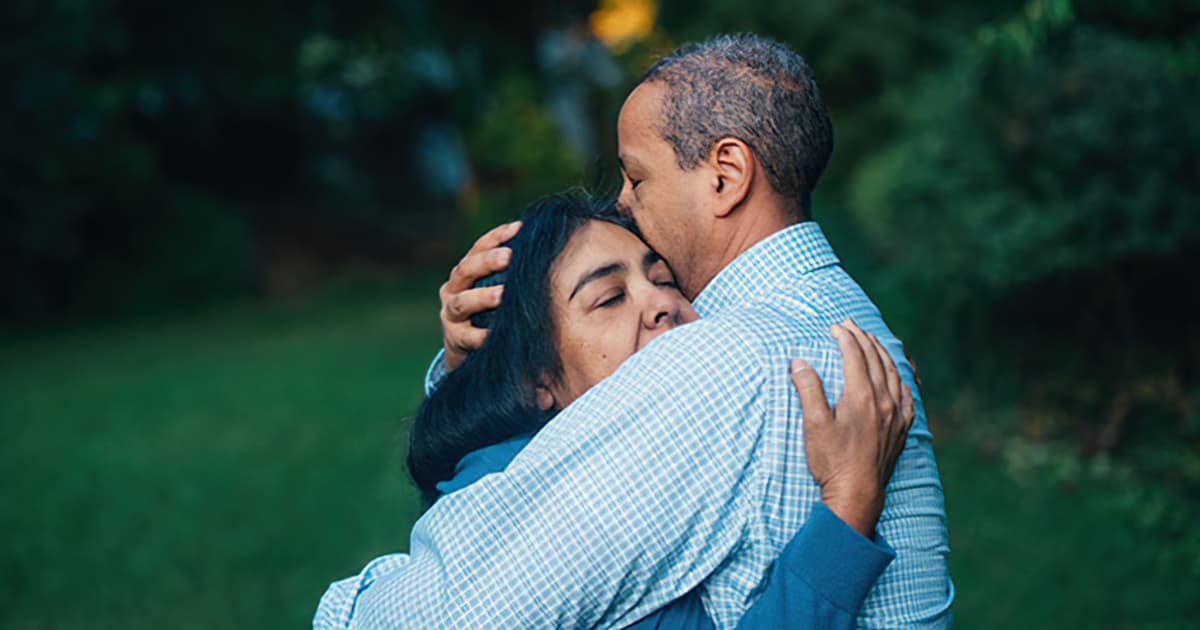Young Latina women who have experienced racial or ethnic discrimination are less satisfied overall with their contraceptive care, which could affect their access to more effective contraceptives, new research shows.
Category: News

“The adage used to be ‘with age comes wisdom,’ but that’s not really true,” says Carolyn, an expert on psychosocial factors that influence aging. “Generally, the people who had to work to sort things out after a difficult life event are the ones who arrived at new meaning.”
The dynamics of a couple’s relationship, including the exclusivity of the partnership, the level of commitment to the partnership and participation in sexual decision-making with their partner, impact young adults’ decisions related to contraceptive use, new research shows.
People with rare diseases are at high risk for experiencing poor quality of life, including increased levels of anxiety, depression, pain, fatigue and limited ability to participate in society, a new study from an Oregon State University shows.
Adding a daily 20 to 30 minute self-regulation intervention to a kindergarten readiness program significantly boosted children’s self-regulation and early academic skills, College of Public Health and Human Sciences researcher Megan McClelland has found.

Oregon State baseball’s Jack Anderson and gymnastics’ Taylor Ricci – both Kinesiology majors in the College of Public Health and Human Sciences – are the recipients of the 2016-17 Pac-12 Conference’s Leadership Awards.